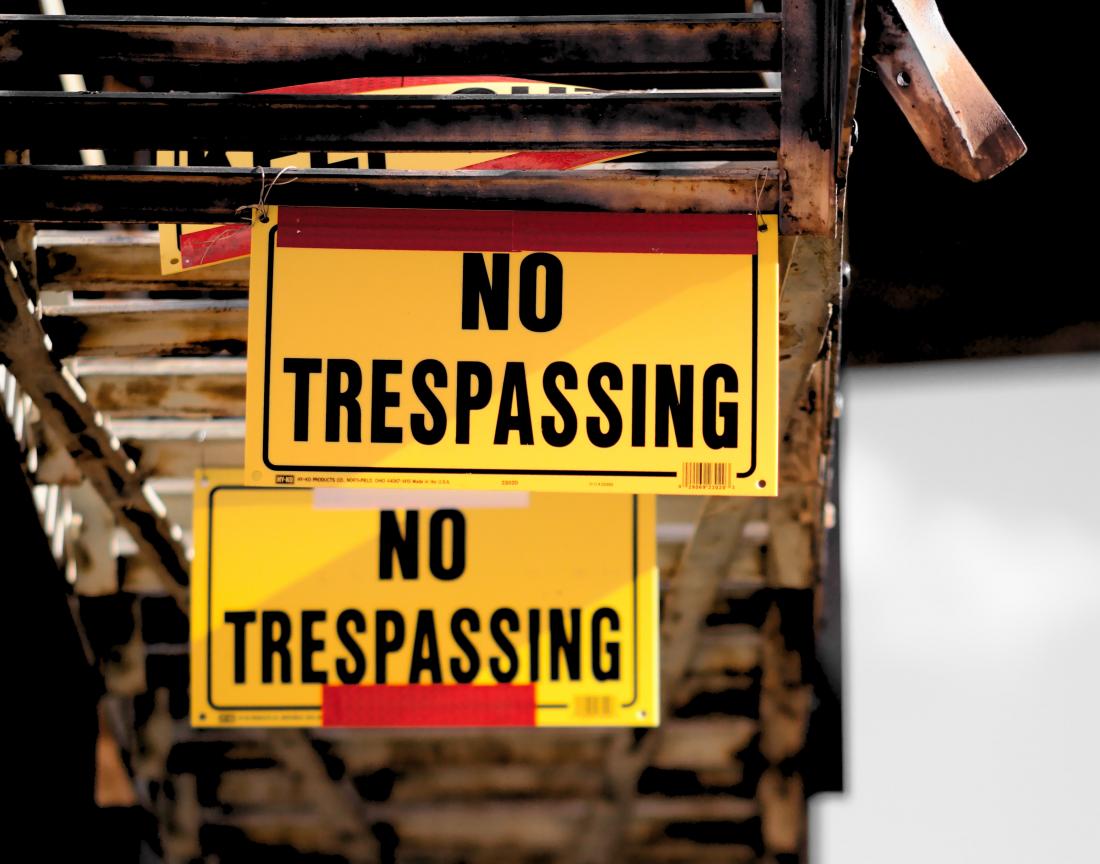
A “contracted out” Lease is where the security of tenure provisions under sections 24 to 28 of the Landlord and Tenant Act 1954 (the “1954 Act”) have been excluded from the Lease. The effect of doing so is that a tenant will not have an automatic right to renew its Lease at the end of the contractual term.
Determining the status of a tenant that has remained in occupation after expiry of its contracted out lease can be difficult, especially if the tenant has paid and the landlord has accepted, rent.
If the former tenant’s occupation has not been established and agreed, the terms upon which the tenant continues to occupy the property may be unclear. As such, the tenant or tenancy is likely to be categorised as one of the following:
-
A trespasser; or
-
A tenant on sufferance – this is created by operation of law where a tenant wrongfully remains in occupation after its Lease has expired and the landlord has not confirmed whether it is willing for the tenant to remain; or
-
A tenancy at will – this can be created expressly or by inference, offers no security of tenure and can be terminable at any time by either party; or
-
An implied periodic tenancy – this can be created expressly or by implication where a landlord and tenant relationship exists, rent is demanded and paid by reference to a particular time period (e.g. monthly). A periodic tenancy can potentially give the tenant a right to a lease renewal under the 1954 Act.
For obvious reasons, landlords often avoid the creation of an implied periodic tenancy as if a tenant has the benefit of security of tenure under the 1954 Act, landlords face difficulties in trying to regain possession of their premises.
How to Avoid the Saga
Both parties should ensure the expiry date of the Lease has been diarised.
Both parties (but, in particular, the landlord) should consider contacting each other 6 to 8 months prior to the Lease expiry date to establish the new Lease terms and to ensure that the legalities are dealt with in good time.
What the Landlord Should Do if its Tenant has Remained in Occupation
-
The landlord should regularise its position as soon as possible to avoid exposure to a claim from its tenant that it has an implied periodic tenancy.
-
The landlord should cover itself by writing to the tenant demanding possession together with a “without prejudice” letter indicating that it does not intend to issue re-possession proceedings for a short period of time to allow negotiations for a new Lease to take place (depending on the landlord’s intention to renew the Lease or not).
-
It is advisable that till the form of Lease is agreed, a tenancy at will should be entered into.
-
If possible, the landlord should impose a rent stop as accepting rent after the expiry of the Lease may indicate a periodic tenancy could have been created (but this is dependent on the facts of each case).
-
If the tenant is not prepared to negotiate a new Lease and is happy for the situation to continue, the landlord might have to wait to see whether the tenant vacates the premises in a few months, which will be a cheaper option for the landlord rather than potentially costly possession proceedings. Alternatively, the landlord could seek to commence proceedings to recover the premises.
-
The landlord should check the Lease provisions regarding dilapidations and follow the Dilapidations Protocol to ensure any claim for damages is not lost and any notice periods are complied with (there are time constraints to issuing such a claim).
Should the Tenant Regularise the Situation?
This largely depends on whether or not the tenant wants a new Lease.
-
If the tenant plans to move out of the property shortly after the expiry of the Lease, it should continue paying rent and let the uncertainty continue (provided that the landlord is not actively trying to re-possess the property).
-
If the tenant does want to renew the Lease, then a tenancy at will may be risky as it can be brought to an end without notice which may have implications on the tenant’s business.
-
Even if the tenant is protected by an implied periodic tenancy, it may prefer to have the certainty of a Lease as there could be uncertainty as to the terms under which it is occupying (even though the parties are most probably continuing on the basis of the terms of the previous Lease subject to any terms which have been varied e.g. rent and term).
If you need assistance in respect of the negotiations of a new Lease or the surrender of an existing Lease, please contact me. Alternatively, if you wish to seek advice in respect of the re-possession of a property, please contact my partner, Richard Harriman.